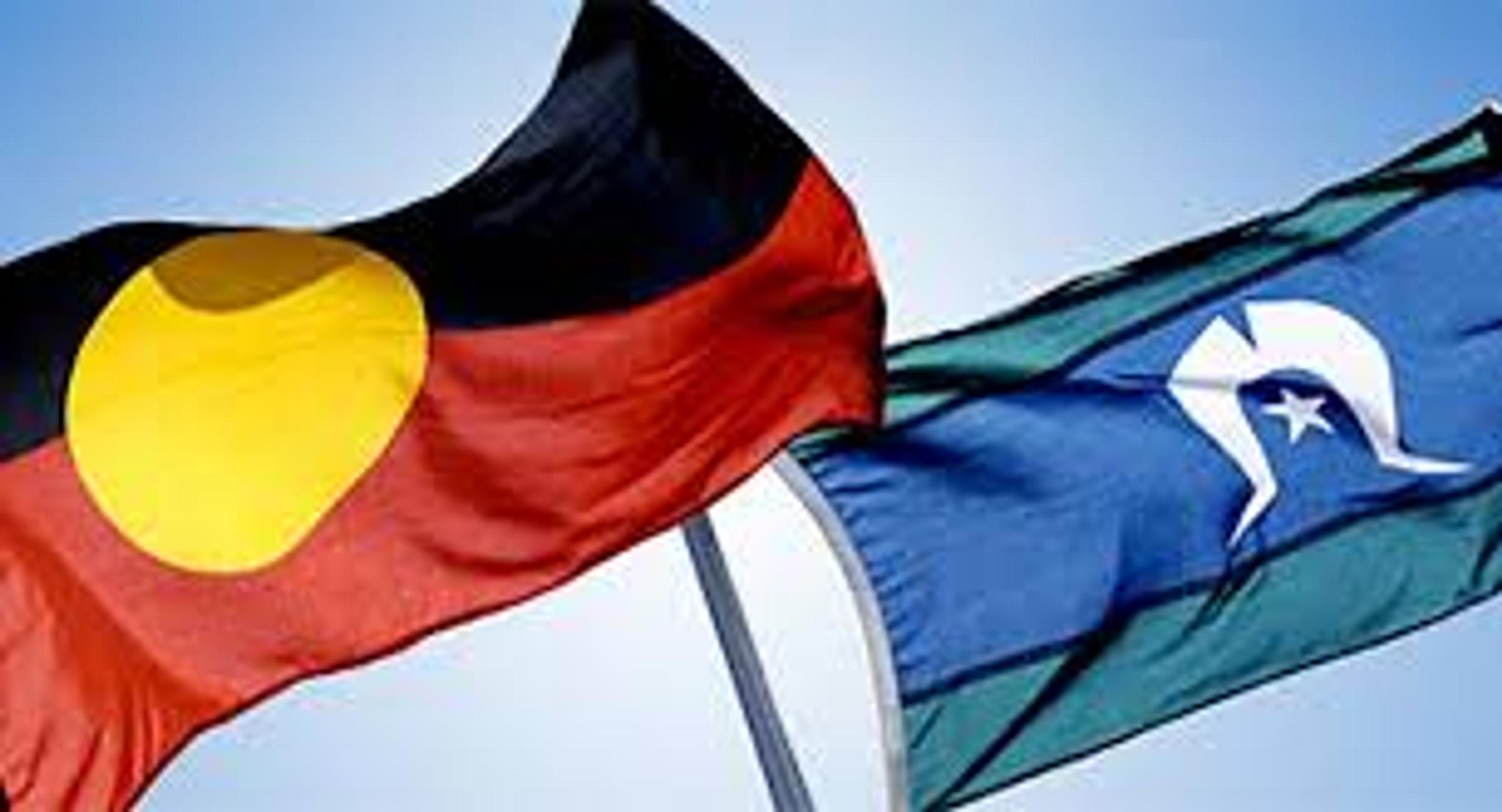National Reconciliation Week

NATIONAL RECONCILIATION WEEK
Indigenous Leadership Day
On Tuesday Brownen Hocking accompanied Mornington Secondary College students to the Koorie Emerging Leaders in Schools launch event.
Students participated in a tailored cultural leadership workshop and yarning circle led by Sarai Roe from Wanyara and Natarsha Bamblett from Yorta Yorta as the keynote presenter.
Around the yarning circle students had the opportunity to network with students from other schools on the Peninsula.
Cooee Cafe provided a delicious morning tea that was totally made from indigenous tucker for all the participants to enjoy.
27th May to 3rd June
This year's theme is Be Brave. Make Change.
The theme challenges us all to tackle the unfinished business of reconciliation for the benefit of all Australians.
To do this, Reconciliation Australia is asking everyone to make change, beginning with brave actions in their daily lives - where they live, work and socialise.
National Reconciliation Week - held every year from 27 My to 3 June - is a time for all Australians to learn about our shared histories, cultures, and achievements, and to explore how each of us can contribute to achieving reconciliation in Australia.
What's the significance of 27 May and 3 June?
27 May marks the anniversary of the 1967 referendum when Australians voted to remove clauses in the Australian Constitution that discriminated against Aboriginal and Torres Strait Islander peoples.
3 June marks the historic 1992 Mambo decision in which the High Court of Australia recognised native title - the recognition that Aboriginal and Torres Strait Islander peoples' rights over their land did survive British colonisation.
The day before National Reconciliation Week, 26 May, is National Sorry Day, which was first held in Sydney in 1998 and is now commemorated nationally to remember and honour the Stolen Generations.
What is reconciliation in relation to Aboriginal and Torres Strait Islander peoples?
At the heart, reconciliation is about strengthening relationships between Aboriginal and Torres Strait Islander peoples and non-Indigenous peoples, for the benefit of all Australians.
For Aboriginal and Torres strait Islander peoples, Australia's colonial history is characterised by devastating land dispossession, violence, and racism. Over the last half century, however, many significant steps towards reconciliation have been taken.
Reconciliation is an ongoing journey that reminds us that while generations of Australians have fought hard for meaningful change, future gains are likely to take just as much, if mot more effort.
Why is National Reconciliation Week important?
National Reconciliation Week provides a focus for working towards our goal of a just equitable and reconciled Australia.
National Reconciliation Week is an ideal time for organisations, schools, universities, community groups and workplaces to advance understanding of reconciliation within their own places and their own lives. National Reconciliation Week provides a focus for working towards our goal of a just equitable and reconciled Australis.
It began as a Week of Prayer for Reconciliation in 1993, supported by Australia's major religious groups. Three years later it evolved into National Reconciliation Week under the guidance of the Council for Aboriginal Reconciliation (now Reconciliation Australia).
* Information from Education Department website and Reconciliation Australia website.
